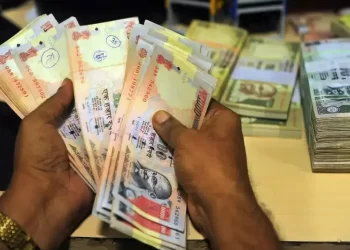More than a quarter of Syrians live in extreme poverty, the World Bank said, 13 years into a devastating civil war that has battered the economy and impoverished millions.
The World Bank published two new reports on Syria, which found that “27 per cent of Syrians — about 5.7 million individuals — live in extreme poverty.”
“Extreme poverty, while virtually non-existent before the conflict, affected more than one in four Syrians in 2022” and might have further deteriorated after a deadly earthquake last year, one of the reports said. The quake killed about 6,000 people in the country.
According to the United Nations, about 90 per cent of Syrians live in poverty, while it previously estimated that around 2 million lived in extreme poverty after more than a decade of war.
The report cited neighbour Lebanon’s economic meltdown in late 2019, the Covid-19 pandemic and the war in Ukraine, as having eroded the welfare of Syrian households in recent years.
The civil war in Syria has also ravaged the economy, infrastructure and industry, while Western sanctions have added to the country’s woes.
“Continued funding shortfalls and limited access to humanitarian assistance” have further strained poor Syrians, already coping with “soaring prices, reduced access to essential services and rising unemployment,” the World Bank said.
The UN told AFP previously that its humanitarian response plan for Syria for 2024 requires more than $4 billion but that it is only six percent funded.
The international community is set to meet in Brussels Monday to try and muster funds for Syria at a yearly pledging conference.
A lack of opportunities and dwindling aid has pushed many Syrians to rely on money sent from relatives abroad to survive, with the World Bank estimating that “in 2022, the total value of remittances received by Syrian households reached about $1.05 billion.”
Syria’s estimated GDP stood at around $6.2 billion in 2023. Syria’s “real GDP is projected to contract by 1.5 percent in 2024, extending the 1.2 percent decline in 2023,” the report said.
“Inflation is anticipated to remain high in 2024 due to the pass-through effects of currency depreciation, along with persistent shortages and potential further subsidy cuts (for) food and fuel,” it said.
Syria’s war has killed more than half a million people and displaced millions more since it erupted in 2011 after Damascus cracked down on anti-government protests.








